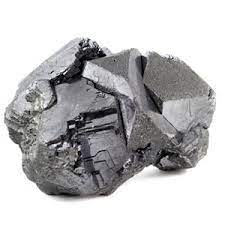
Lead is a chemical element with the symbol Pb and atomic number 82. It is a heavy metal that is denser than most common materials.
Lead is soft and malleable, and also has a relatively low melting point. When freshly cut, lead is silvery with a hint of blue; it tarnishes to a dull gray color when exposed to air.
Where To Buy Lead In South Africa
CASTLE LEAD WORKS
Address: 5 Wright, Factoria, Johannesburg, 1739, South Africa
Hours: Open ⋅ Closes 4:30AM Fri
Phone: +27 11 955 3570
Lead and Solder
Address: 6a Saxon Pk, Glucose Way, Bellville South, Cape Town, 7530, South Africa
Hours: Open ⋅ Closes 4PM
Phone: +27 21 951 4133
Lead Laundry & Catering
Address: 16 Pressburg Rd, Modderfontein, Edenvale, 1645, South Africa
Hours: Open ⋅ Closes 4:30PM
Phone: +27 11 553 3700.
What is lead used for?
Lead is still widely used for car batteries, pigments, ammunition, cable sheathing, weights for lifting, weight belts for diving, lead crystal glass, radiation protection and in some solders. It is often used to store corrosive liquids.
How does lead look like?
Lead is a bluish-white lustrous metal. It is very soft, highly malleable, ductile, and a relatively poor conductor of electricity. It is very resistant to corrosion but tarnishes upon exposure to air.
Why is lead so heavy?
Lead is a stable metal that’s often used as weights and sinkers. The reason it’s heavy in terms of mass per unit volume (or think about it as per teaspoon), is because the lead atoms are very close, making it a dense material.
Why is lead so toxic?
Lead is toxic mainly because it preferentially replaces other metals (e.g., zinc, calcium and iron) in biochemical reactions.
It interferes with the proteins that cause certain genes to turn on and off by displacing other metals in the molecules.
